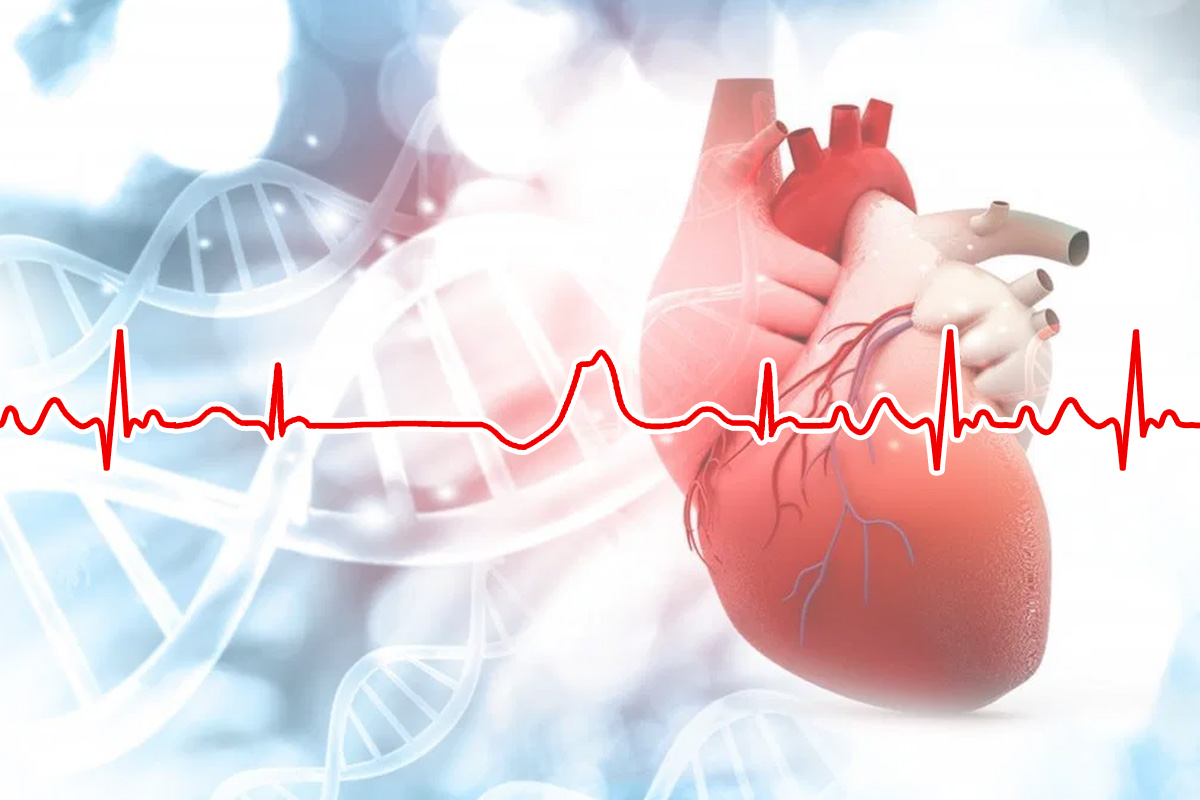Symptoms, Diagnosis and Causes of Palpitations
Treatment depends on the causes of palpitations. It can range from simple abstinence of stimulants, caffeinated beverages and any other triggers to complex cardiac procedures including SVT ablation, clearing blockages and implantation of pacemakers.

Palpitations are the sensations variously described as fast heart rate, missed heartbeat or being sensitive to the heartbeat. These sensations occur at various times depending on the cause. Anxious patients generally feel the symptoms at night or when they’re lying in bed, when they are physically or mentally unoccupied due to anxiety or stress. They can occur spontaneously or from physical exertion.
The symptoms cannot be taken lightly as it can signify underlying heart disease. It is prudent to evaluate these symptoms methodically.
Causes of palpitations
- Intake of caffeinated beverages like coffee, tea, Cola drinks and energy drinks.
- Nervousness, anxiety or high emotional state
- Atrial arrhythmias
- Ventricular arrhythmias
- Hyper or hypothyroidism
- Prescription medications like cough and cold medications that contain pseudoephedrine
- Hormonal changes – pregnancy, menopause and menstruation
Moreover, the roots of palpitation vary with age.
Women in their late 20s and early 30s have super ventricular tachycardia. Patients in their 50s and 60s who have coronary artery disease risk factors or prior heart attacks may have ventricular tachyarrhythmias as a manifestation of underlying coronary artery disease.
Students or young professionals who work long hours to stay alert and awake by consuming caffeinated beverages and energy drinks may have sinus tachycardia which is normal fast heart rate.
Patients with diabetes mellitus may have palpitations when the blood sugar is too high or too low. In athletes it may signify athlete’s heart.
Symptoms of Palpitation
The symptoms of palpitation can vary but the most notable and frequent ones include:
- Dizziness
- Fainting
- Discomfort in the chest
- Increased appetite Which can signify underlying systemic disease such as hyperthyroidism
- Generalized weakness
Do you experience palpitations?
Diagnosing Palpitations
The work up of palpitations can be straightforward with a simple blood test. However, the detailed Cardiovascular work up is prudent to ascertain underlying disease conditions.
We recommend a combination of the following diagnostic tests depending on the symptoms and age of the patient.
- Complete blood count
- Thyroid function test
- Blood chemistry
- ECG
- Echocardiogram
- Holter monitoring – like ECG but from 24 hours to a week.
- Cardiac stress test
- Patient dairy of time onset, triggers and symptoms
- Family history of cardiac arrhythmia is valuable clue
Treatment depends on the causes of palpitations. It can range from simple abstinence of stimulants, caffeinated beverages and any other triggers to complex cardiac procedures including SVT ablation, clearing blockages in heart arteries and implantation of pacemakers or cardiac defibrillators.





